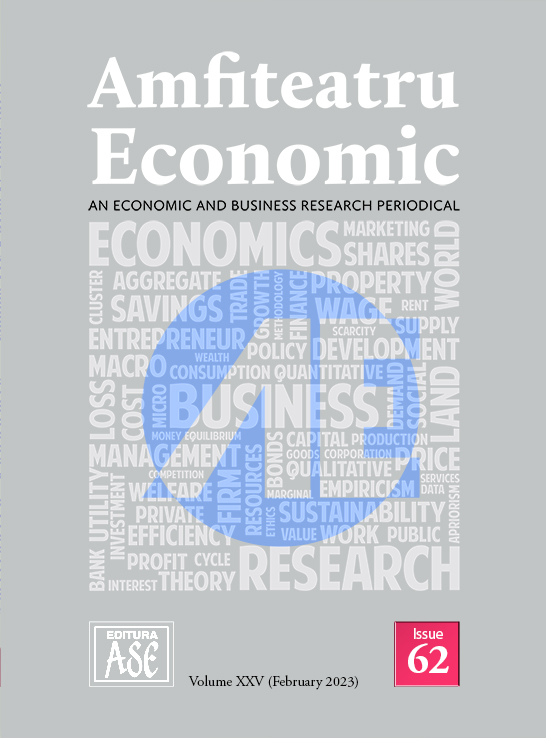The Impact of Globalization on the Rate of E-waste Recycling: Evidence From European Countries
The Impact of Globalization on the Rate of E-waste Recycling: Evidence From European Countries
Author(s): Rasim Yilmaz, Cüneyt KoyuncuSubject(s): National Economy, Business Economy / Management, Globalization
Published by: EDITURA ASE
Keywords: circular economy; e-waste recycling; globalization; Panel Quantile Regression;
Summary/Abstract: E-waste recycling and the better collection of e-waste are two of the most important strategies for the implementation of the circular economy and the reduce-reuse-recycle paradigm envisaged by the EU and UNDP. Since the rate of e-waste recycling is one of the most important indicators of the circular economy, it is necessary to identify the factors that affect it, and to determine the degree to which these factors influence it in order to foster e-waste recycling. Using the panel quantile regression technique on panel data including 30 European countries (EU28+2) and the time period from 2008 to 2018, this study analyses the effects of overall globalization and its three sub-dimensions (economic, political, and social globalization) on the rate of e-waste recycling. The results indicate that overall globalization and its three sub-dimensions have a positive impact on the rate of e-waste recycling in 30 European countries (EU28+2) during the estimation period, thus contributing to the circular economy. Therefore, supporting all aE-waste recycling and the better collection of e-waste are two of the most important strategies for the implementation of the circular economy and the reduce-reuse-recycle paradigm envisaged by the EU and UNDP. Since the rate of e-waste recycling is one of the most important indicators of the circular economy, it is necessary to identify the factors that affect it, and to determine the degree to which these factors influence it in order to foster e-waste recycling. Using the panel quantile regression technique on panel data including 30 European countries (EU28+2) and the time period from 2008 to 2018, this study analyses the effects of overall globalization and its three sub-dimensions (economic, political, and social globalization) on the rate of e-waste recycling. The results indicate that overall globalization and its three sub-dimensions have a positive impact on the rate of e-waste recycling in 30 European countries (EU28+2) during the estimation period, thus contributing to the circular economy. Therefore, supporting all aspects of globalization (economic, political, and social) will enhance the circular economy.
Journal: Amfiteatru Economic
- Issue Year: 25/2023
- Issue No: 62
- Page Range: 180-195
- Page Count: 16
- Language: English

